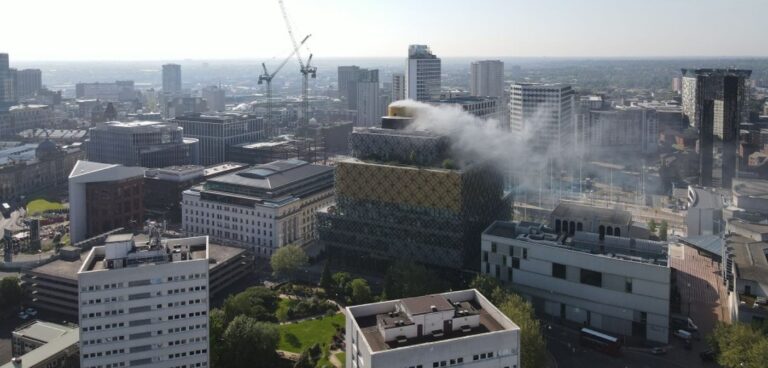Birmingham City Council has published its first performance report for the clean air zone (CAZ), which launched on 01 June 2021.
According to the report, in the first month of operation the daily average number of vehicles entering the CAZ was between 95,000-100,00.
During the same period the percentage of vehicles subject to the daily fee reduced from 18.7% in the first two weeks of operation to 12.4% in the final part of the month, following the introduction of payments on 14 June 2021.
Passenger cars accounted for 80% of unique vehicles entering the zone on a daily basis with light goods vehicles the second largest category of vehicles at 9%.
Councillor Waseem Zaffar, cabinet member for transport and environment at Birmingham City Council, said: “It is very early days for the clean air zone but it is good to see a reduction in the number of non-compliant vehicles entering the zone and I remain committed to publishing regular updates about the operation and impact of the zone on traffic and air quality.
“I also want to take this opportunity to remind all drivers to check whether or not they will need to pay the daily fee. And if they do need to pay the fee there is a comprehensive package of temporary and permanent exemptions and financial incentives that we will continue to use to help the transition to a clean air city.”
Birmingham City Council has also published its first CAZ air quality and traffic baseline report. The data in the report will be used to measure progress towards the objective of achieving compliance with the legal limit for nitrogen dioxide in the shortest possible time.
The data will be updated on a six-monthly basis to align with the publication of the Air Quality Annual Status report, which is published on an annual basis.
The baseline report highlights an overall improvement in air quality over a number of years, however there remain 19 locations within Birmingham’s CAZ where the level of nitrogen dioxide is reportedly above the legal limit.





